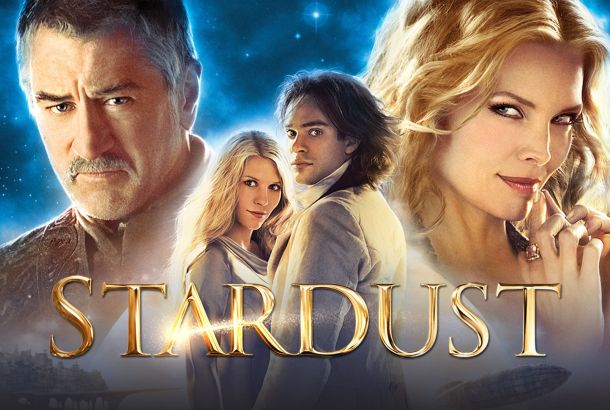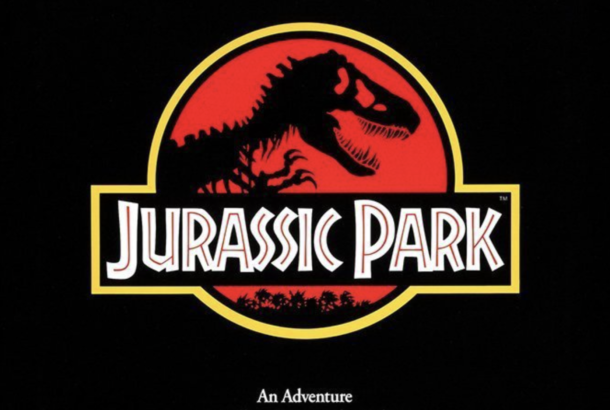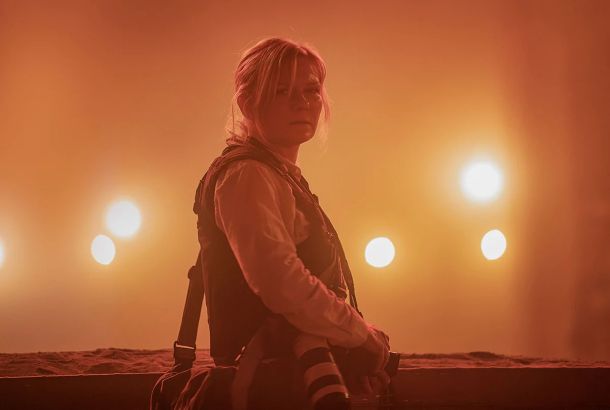Cornerhouse Pick of the Week: Gloria
I first watched Gloria in the Costanera centre, Santiago, streets and moments away from where much of the film was shot. Watching it for a second time in Manchester’s lovely Cornerhouse cinema truly emphasised the film’s celebration of Chile and of life.
On 23 October the Cornerhouse hosted an exclusive preview of Chilean masterpiece Gloria, even offering a rare opportunity for a question and answer session with extremely talented Chilean actress Paulina García, winner of the Berlinale’s Silver Bear award for Best Actress in 2013. She explains just how the film, and Gloria herself, celebrate what it is to be Chilean and what it is to be alive.
Gloria, the film and the woman, are both somewhat unique and unusual. Writers Sebastián Lelio and Gonzalo Maza called García when they were thinking of writing Gloria. The script was ‘written’ for her- except it wasn’t written. A story board was provided, but the actors had much more free reign over dialogue, improvising scenes in rehearsals, truly bringing free spirited Gloria to life. Regarding the curiosities of creating a celebration of a female life written by a male director, García comments “Hamlet is alive when the actor is there. There was no script, only a story-board, so my experiences informed the character a lot.”
García describes the rehearsals as “special”; she was taken to dinner, went dancing, walked around and watched films, to prepare for her role, creating “a bridge between the director and the actress”. Lelio always watched rehearsals before shooting to pick out the best parts. García describes one of the hardest parts of filming to be the fact that, appearing in every single frame of the film, García spent a lot of time filming alone. For five weeks Paulina García worked 11 hours a day, every day. For Gloria the director and his lead actress worked extremely closely for 5 weeks to create a really touching and cheerful drama.
When asked whether she considers Gloria to have a “happy ending”, García muses that it is not a happy ending we should be focussing on. “It is just a moment, a moment in which she is joining with life. We are losing our abilities to be happy. And it is our duty to be happy, living a good life with no problems.”
The protests that filled international news coverage of Chile in 2011 are not at all central to Gloria’s plot, yet they are included in the film, as Gloria observes from her balcony and walks against swathes of students in Santiago’s centre. Why include them, if just to include a nod of the head towards their prominence in the background of everyone’s lives at the time?
“Our lives in Chile today are very political. Even though we are not talking all the time about dictatorship, it is still under us. It’s not about parties; it’s about how you are standing on life. To be Chilean, you have to really care about that. Gloria is going through an existentialist change, and so is Chile.”
Gloria’s relationship with an ex-naval officer clarifies this point of change and decision. “Like the student protest, [Gloria] was going forwards, Rodolfo was going backwards. She made the decision to change something, it wasn’t a big deal, but he also made the decision.”
As the film leaves her dancing, celebrating life and herself, we wonder what’s next for Gloria? “She’s just going to start again”, shrugs Paulina García, as though it is obvious. “You are alive until you are dead, so why not?”







